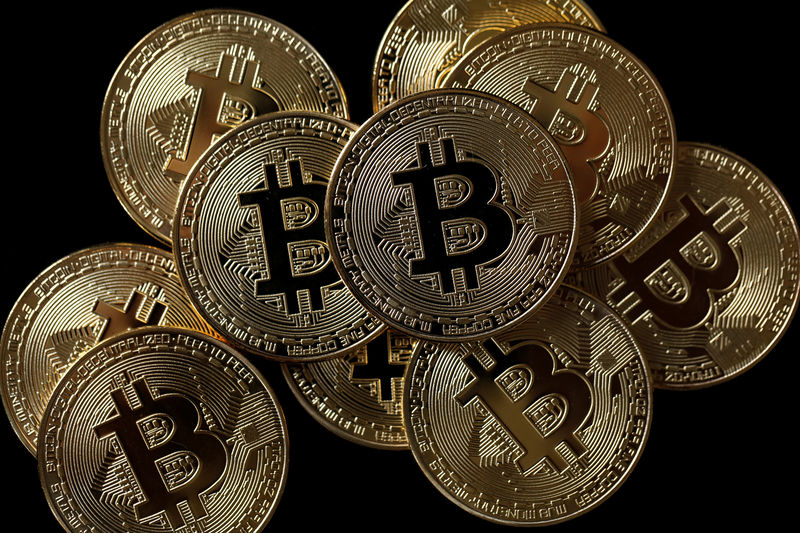Investing.com - Cryptocurrency prices are down slightly since hitting a 2019 high last Wednesday on news that Visa (NYSE:V) is launching a crypto card with Coinbase.
The market paused as investors wait to see if digital currencies can continue to hold onto their momentum.
Last Wednesday, the total cryptocurrency market capitalization hit a year-to-date high of $186 billion, according to CoinMarketCap, before pulling back.
The upward trend started in April, after Bitcoin prices skyrocketed for no apparent reason and virtual coins seem to be holding on to those gains.
Bitcoin fell 1.2% in the last seven days to $5,144.10, despite surging to a 2019 high of $5,372 on the Investing.com Index on Wednesday.
Cryptocurrencies overall were at $176 billion at the time of writing.
In the seven days to Monday, Ethereum was down 6.8% to $166.67 and XRP fell 8% to $0.32581, while Litecoin slipped 7.5% to $82.54.
The move lower comes amid news that the IMF and World Bank are launching a digital coin to study how alternative currencies work and reports that Visa is teaming up with Coinbase to offer a debit card for users in the U.K.
The debit card, which is issued by Visa, will allow Coinbase users to spend their bitcoin, ethereum and litecoin balances. It works by converting the cryptocurrency to fiat when the card is used, with the merchant receiving the local currency.
"This is the first debit card to link directly with a major cryptocurrency exchange, allowing people to spend their crypto balances direct from their Coinbase account," Coinbase said in a statement. "Previously available crypto cards required users to pre-load a specified amount of crypto onto their card, adding a point of friction to the process."
Meanwhile, the IMF and World Bank have launched a Learning Coin, which the bank will use to understand the technology behind digital assets. The coin has no monetary value and will only be accessible to the IMF and World Bank, the Financial Times reported.
Still, the news is welcome to crypto enthusiasts, as it could help regulators better understand the risks associated with Bitcoin and other assets and lead to more consistent regulation from financial watchdogs.
The testing of the coin could also lead to smart contracts and help the bank combat money laundering.
